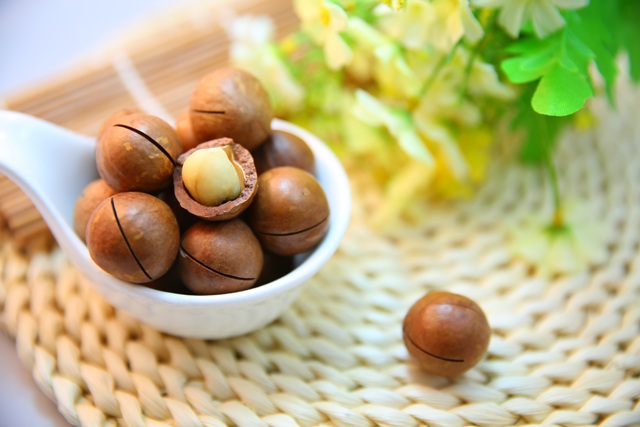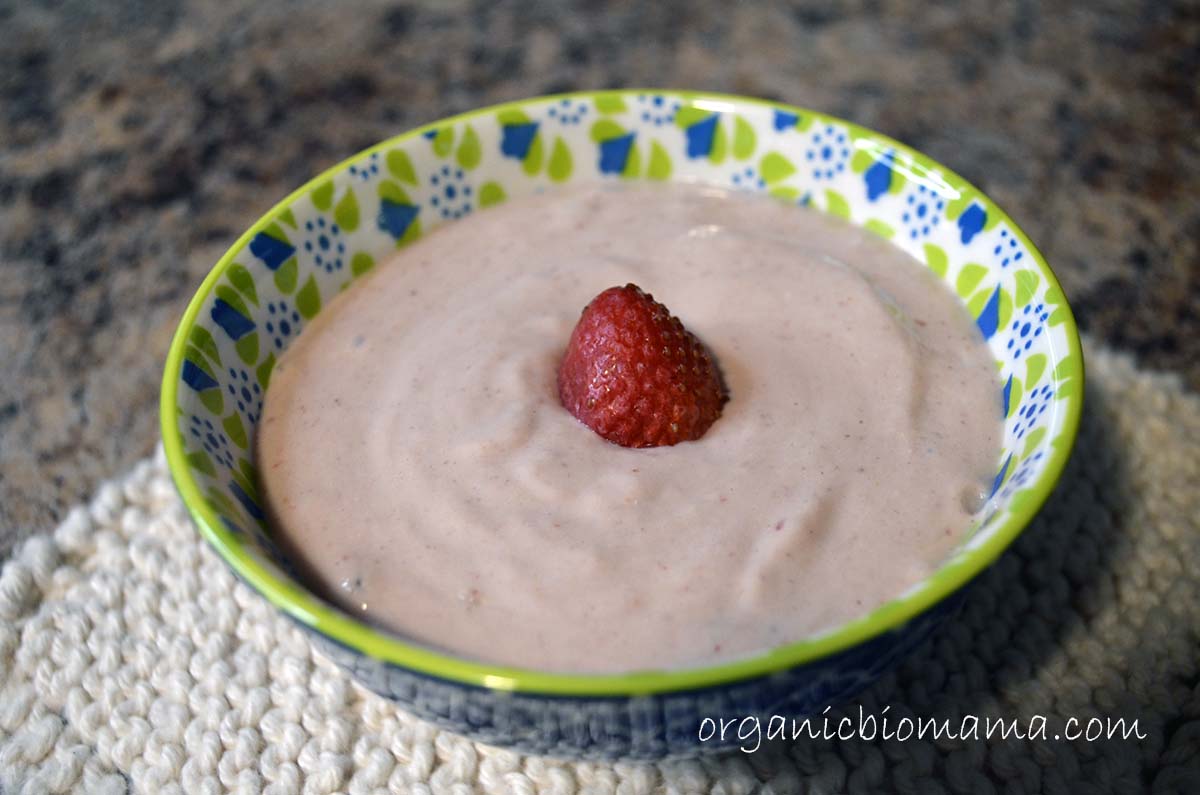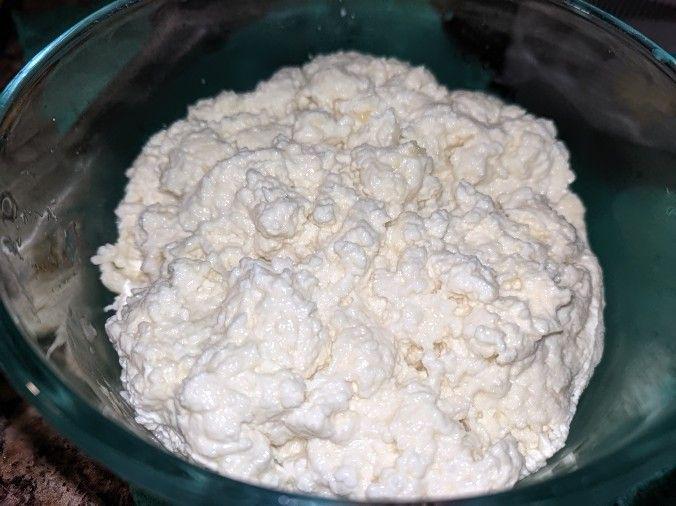Protein is a macro-nutrient composed of amino acids. It builds the muscle mass, contributes to metabolism, enhances immunity, improves the mood, promotes healthy brain function, protects heart health, helps maintain strong bones, and promotes longevity.

Tip: Make sure that 30% of your plate contains a high-quality protein at every meal.
Protein deficiency signs:
- Mood swings
- Low energy
- Trouble concentrating
- Poor sleep
- Low immunity
- Trouble building muscle mass
- Anxiousness
Average daily protein requirements:
- 22 grams of protein a day for 4-6 year old children
- 28 grams of protein a day for 7-10 year old children
- 46 grams of protein a day for women
- 56 grams of protein a day for men
How to calculate daily protein requirements based on body weight
Measure your body weight in pounds and multiply it by 0.5. The result would be the amount of protein in grams you need per day. For example, if you weigh 120 pounds, you should be consuming about 60 grams of protein a day.
Foods high in Protein
Here is the list of best protein-rich foods:
- Wild-caught Salmon. Any fish is high in protein, however not all fish are equally safe to consume. Some fish store more mercury in them than others, and some are grown in unfavorable conditions making them unhealthy. We prefer consuming wild-caught salmon as the safest option available. Salmon is 46% protein (19 grams per 3 ounce (85 g) serving).
- Eggs (pastured is best). Pastured eggs contain more nutrients than regular eggs. I noticed they taste better too. Pastured eggs have darker (orange) yolks. 1 large egg contains 6 grams of protein
- Bone broth. Bone broth made using grass-fed bones offer lots of health benefits, including and not limited to high protein content. Bone broth contains about 21 grams of protein in 3 oz (85 gr) amount.
- Organic Chicken or Turkey breast (pastured is best). One roasted chicken breast contains about 53 grams of protein.
- Cheese (grass-fed and raw is best)
- Cottage cheese. A cup (226 g) of cottage cheese contains 27 grams of protein
- Mozzarella cheese. 32 gr protein in 100 gr mozzarella cheese
- Swiss cheese. 36 grams of protein in 132 grams of serving.
- Nuts and seeds (wild or organic are best). Tip: Soaking nuts and seeds before consuming reduces anti-nutrients like phytic acid in them and increases other nutrients.
- Pumpkin seeds. 1 ounce (28 g) contains 5 grams of protein.
- Almonds. 6 grams per 1 ounce (28 g) serving.
- Walnuts. 18 grams of protein in 117 grams of serving.
- Pecan. 10 grams of protein in 109 grams of serving.
- Hemp seeds. 9 grams of protein in 28 grams of serving.
- Chia seeds. 4 grams of protein in 28 grams of serving.
- Flax seeds. 5 grams of protein in 28 gr of flax seeds.
- Sunflower seeds. 24 grams of protein in 100 gr seeds.
- Organic Greek Yogurt (homemade is best, but store-bought plain yogurt works too). One 170 gram (6 ounce) container has 17 grams of protein.
- Grass-fed Raw milk. Protein in pasteurized milk does not digest well and may cause inflammations. When it comes to milk, grass-fed and raw is best. 1 cup of whole milk contains 9 grams of protein.
- Oats (organic is preferred). Half a cup of raw oats contains 13 grams of protein. 1 cup of cooked oats contain about 7 grams of protein. Tip: soaking oats at least overnight with some raw buckwheat and little apple cider vinegar helps to break down the phytic acid (anti-nutrient) present in most grains.
- Buckwheat. Buckwheat is a source of complete protein, which means it contains all essential amino acids in substantial amounts. 5.7 grams of protein in 1 cup of cooked buckwheat and 19 grams of protein in one cup of uncooked buckwheat grouts.
- Quinoa. One cup (185 g) of cooked quinoa contains 8 grams of protein.
- Ezekiel Bread. It is made of organic and sprouted whole grains and legumes. 1 slice contains 4 grams of protein.
- Broccoli. 1 cup of chopped broccoli (96 grams) contains 3 grams of protein.
- Grass-fed Beef. One 3 ounce (85 g) serving of cooked lean beef contains about 22 grams of protein.
- Organic Whey protein (grass-fed is best). Offers about 20-50 grams of protein per serving.
- Lentils. 1 cup (198 g) of boiled lentils contains 18 grams
- Octopus. It is also rich in iron. 13 grams of protein in 85 grams of serving.
- Kidney beans. 41 grams of protein in 184 grams of serving.
- Chickpeas. 15 grams of protein in 164 grams of serving.
- Green peas. 7 grams of protein in 134 grams of serving.
- Asparagus. 3 grams of protein in 134 grams of serving.


